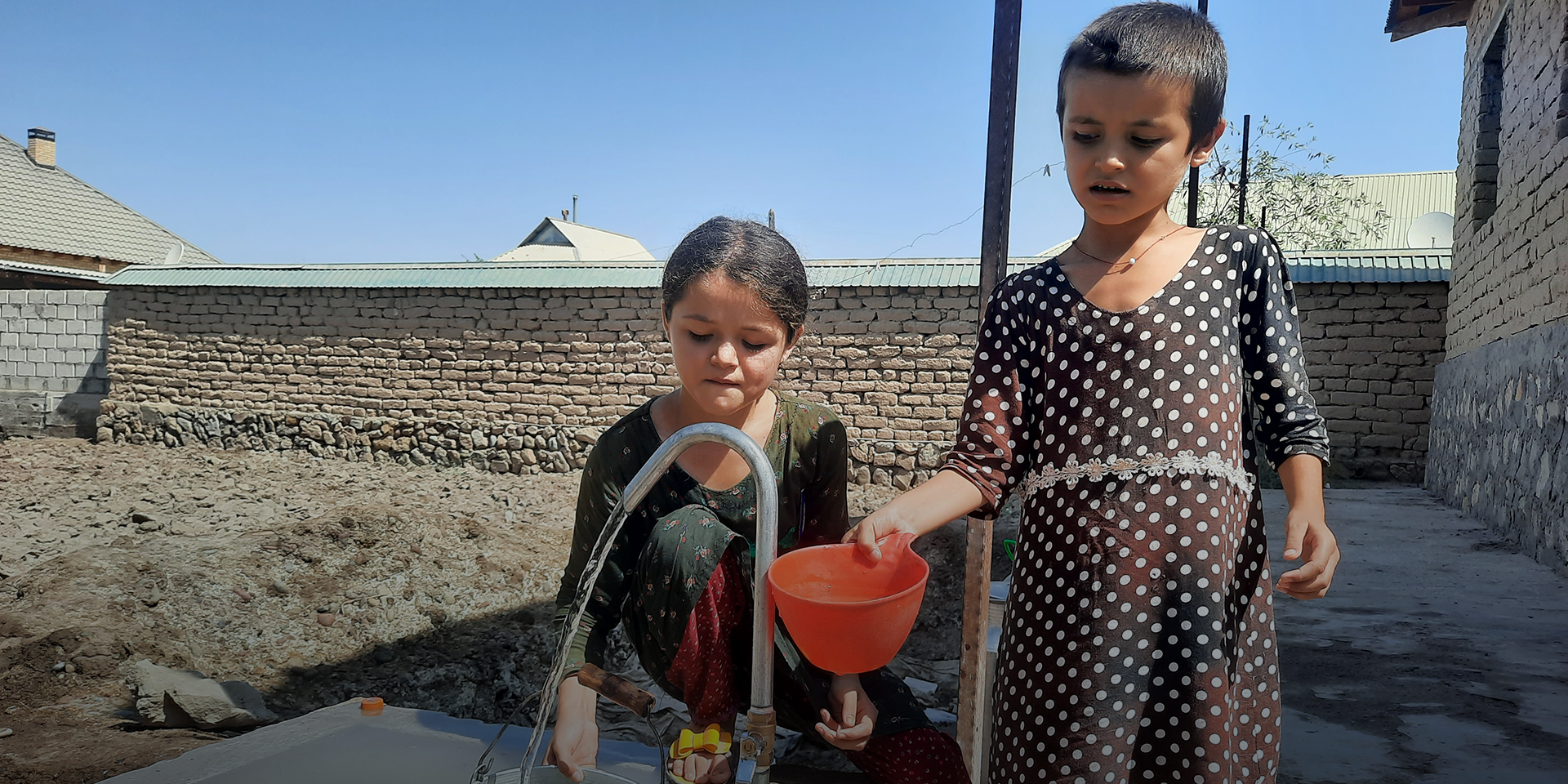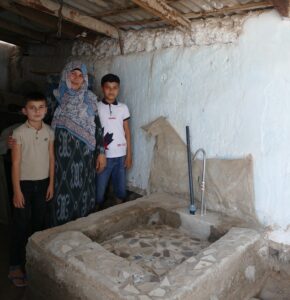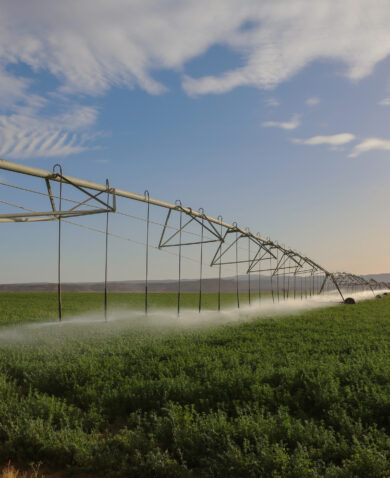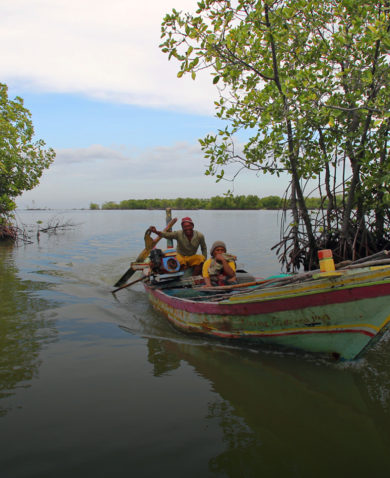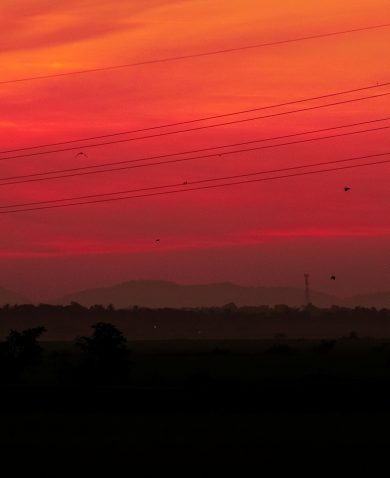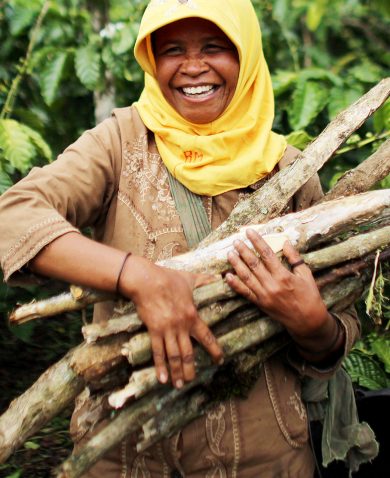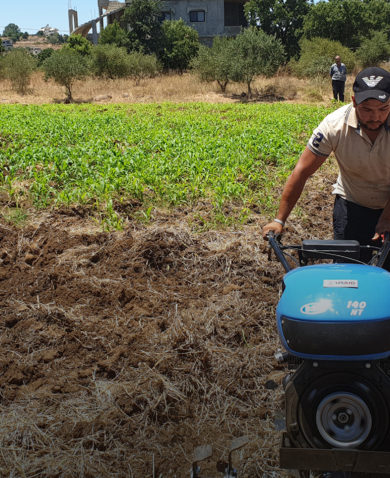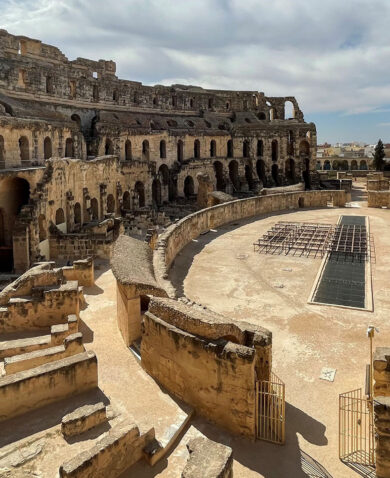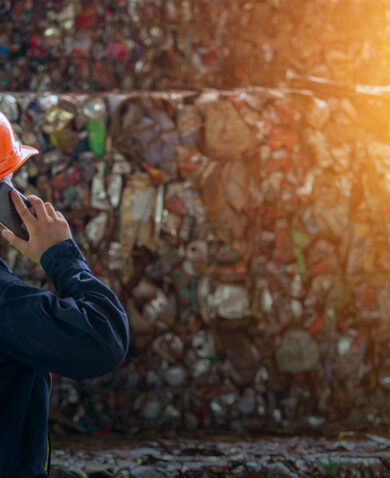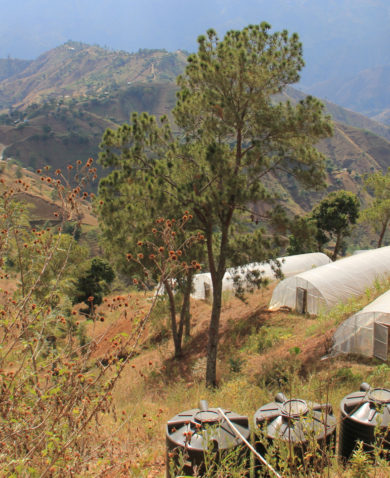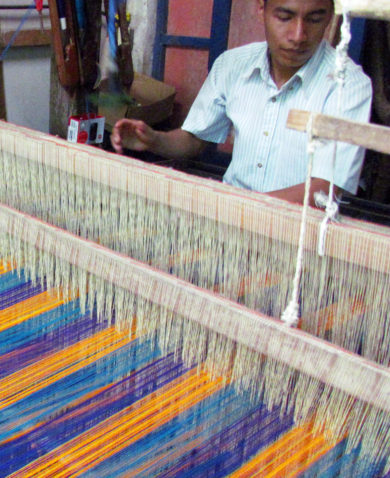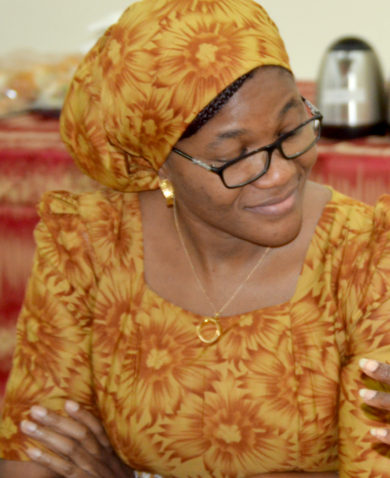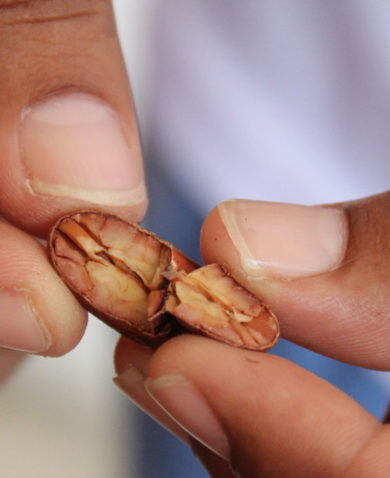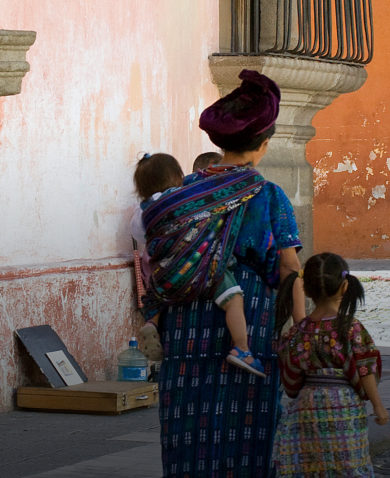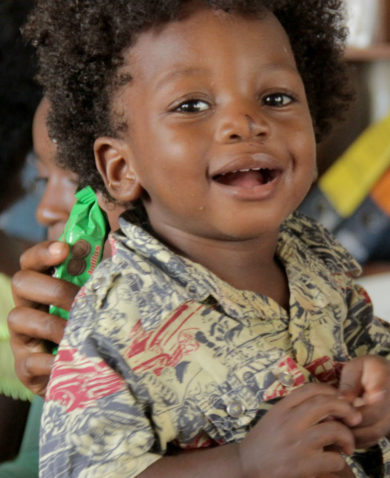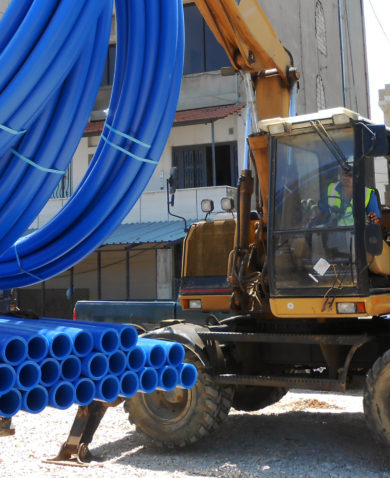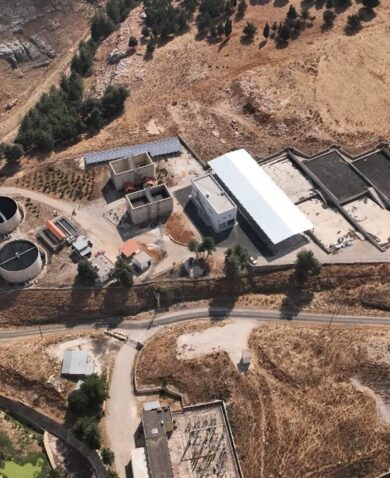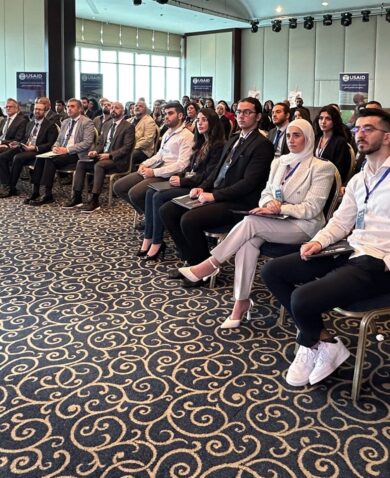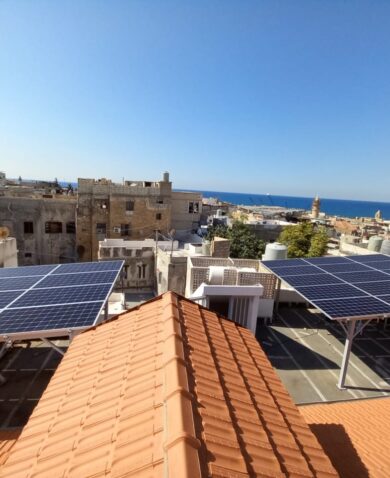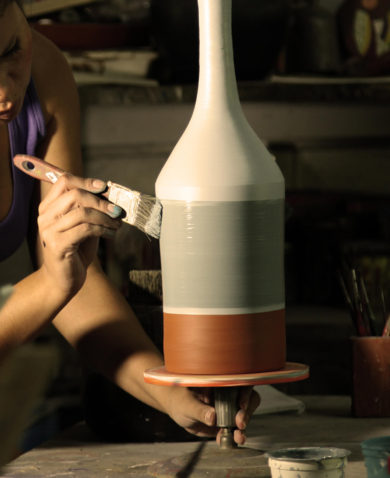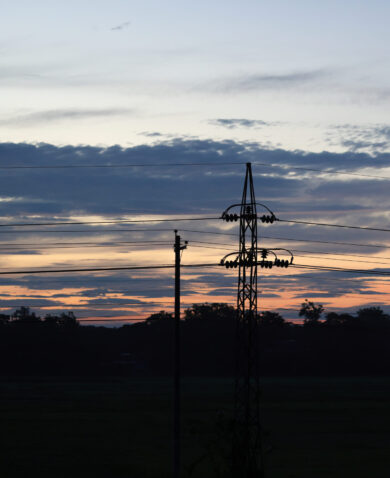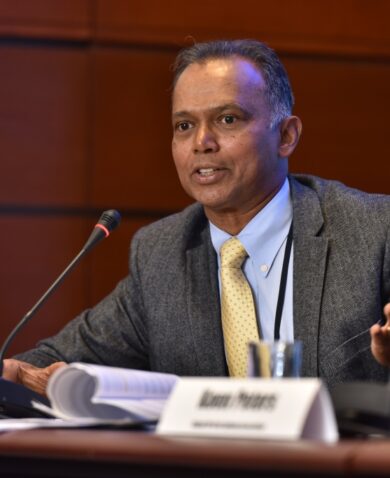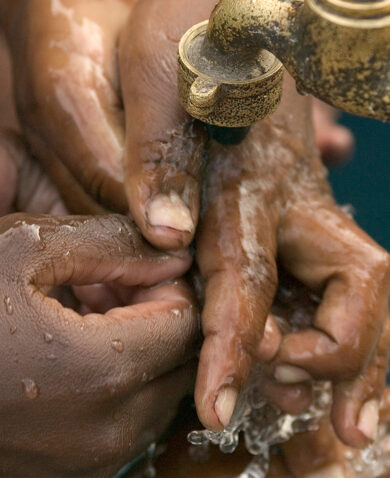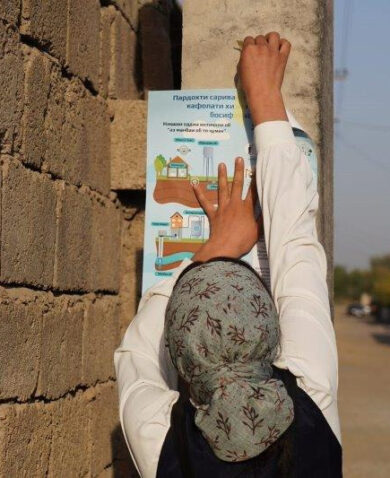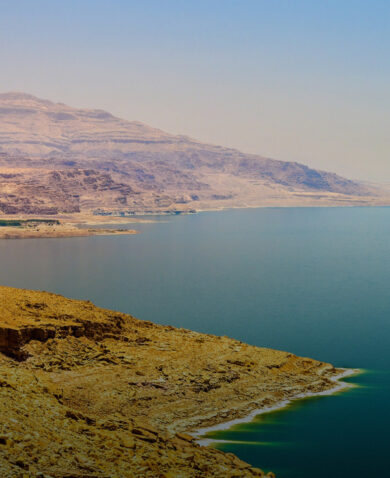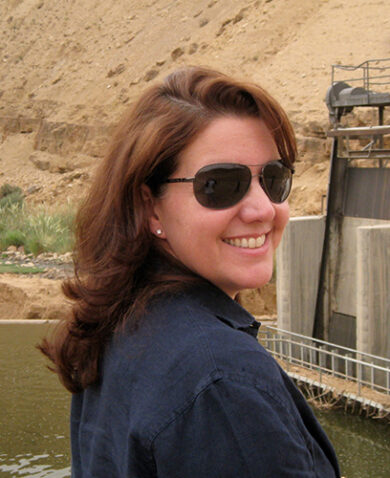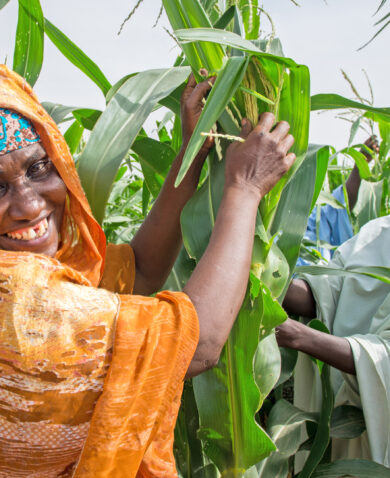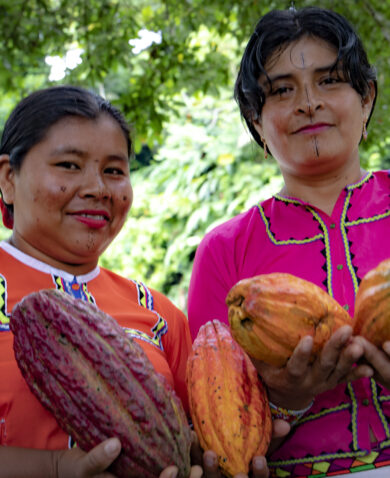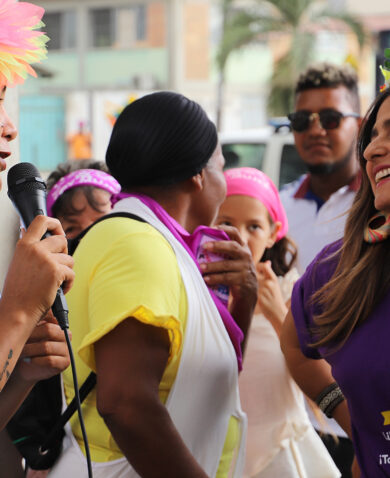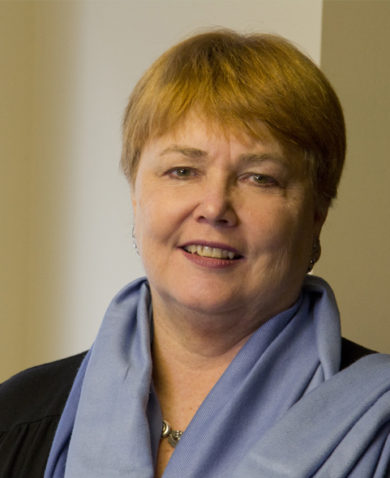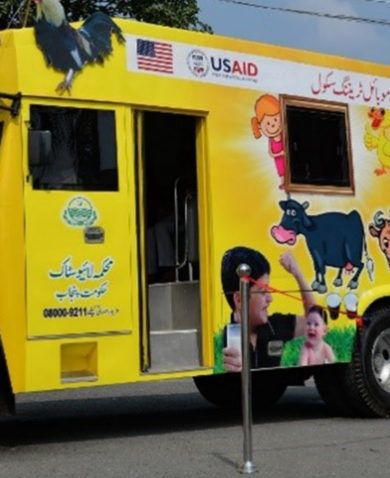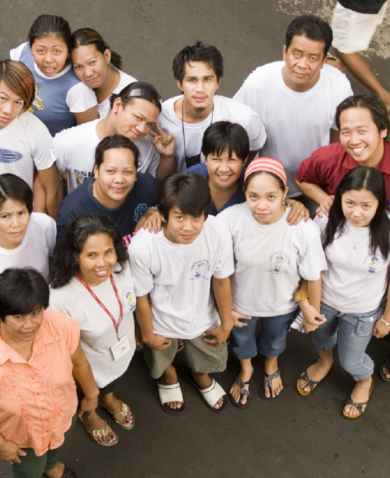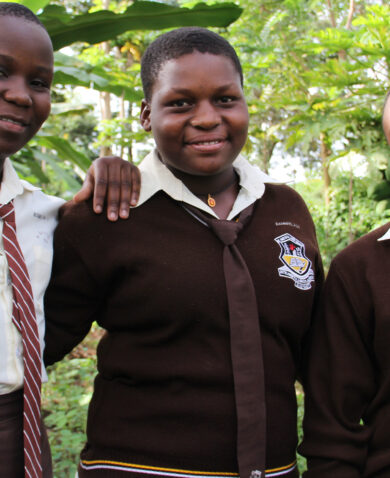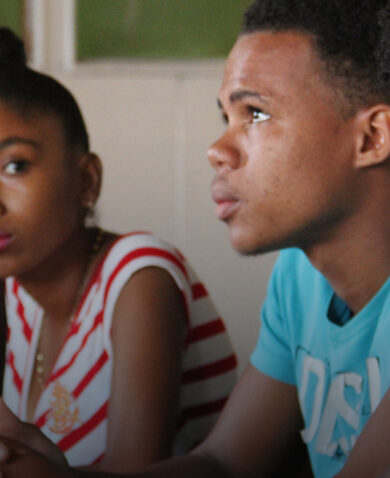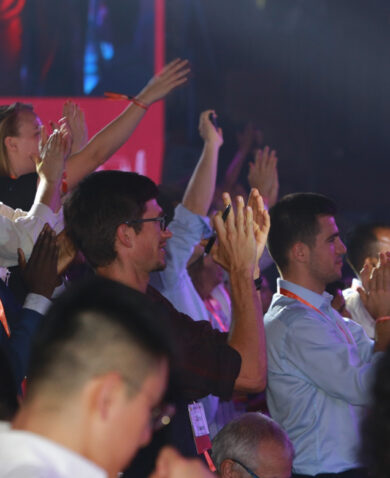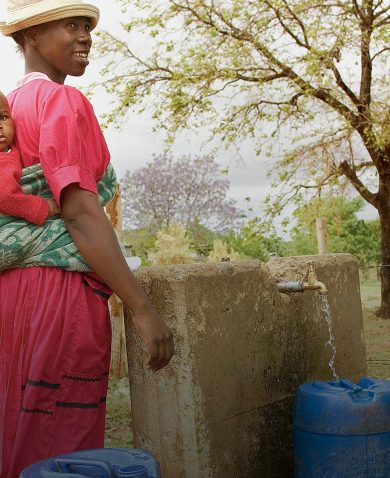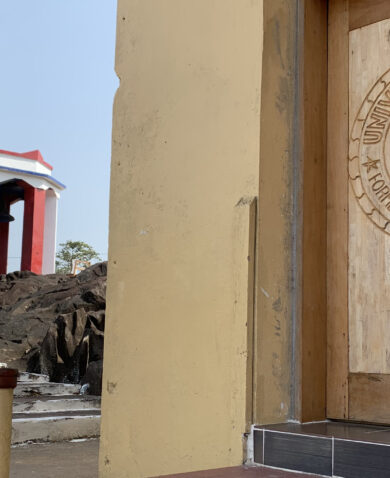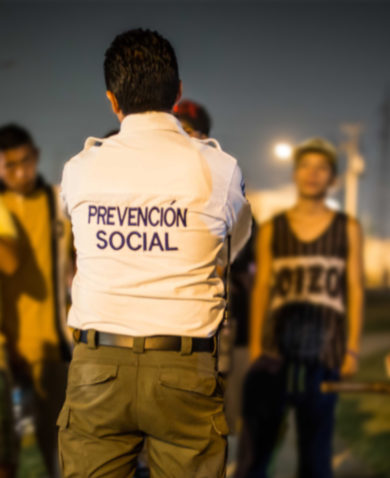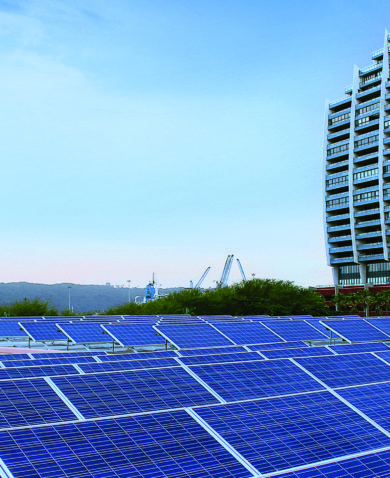In Chorbogh, a village of 3,500 people that previously had a semi-functional water system serving only half the villagers for two hours each day, RWS helped address water challenges in two critical ways: through a public-private partnership (PPP) model for operating rural water facilities and by offering classroom and practical education and training on water safety, usage, and plumbing infrastructure construction and planning to residents.
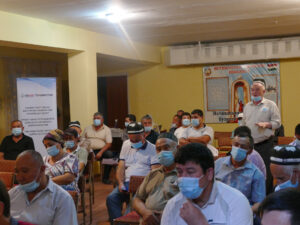
Through the PPP model, RWS provides the training and support necessary for entrepreneurs and residents in a community to create their own safe, sustainable, and affordable systems for drinking water access. This allows communities to take advantage of private funding and management to fill gaps left unfilled by services from the central government. In Chorbogh, local entrepreneur Mr. Abdurasul Rajabov, who had experience running the previous water system as the director of the local agricultural cooperative, expressed interest in becoming the rehabilitated system’s private operator. RWS worked with local leaders and Mr. Rajabov to assess the current water system, garner support from district and municipal authorities, and to hold public events to gauge residents’ willingness to contribute to a new water system and pay monthly access fees. Once demand was established, RWS assisted authorities with drafting a private service agreement to solidify the PPP, in which the municipality owns the infrastructure, while the agricultural cooperative –under the direction of Mr. Rajabov – will operate the system for the next 10 years. The agreement also defines each party’s responsibilities for the long-term operation, maintenance, and supervision of the system. A newly established Consumer Advisory Board serves as a forum for community representatives to meet with Mr. Rajabov to discuss any issues that may arise in the future and to manage the overall system, reinforcing accountability and transparency for all parties.
RWS designed, funded, and facilitated the improvements and upgrades to the system, which included replacing the pump and main pipelines, building a water tower, installing a UV lamp to ensure water quality, and creating the distribution network that would bring the water to the village’s 600 connections, each built by residents like Sonia Rajabova “I participated in a RWS session on the rational use of water, where I learned that participants were also being recruited for a training on plumbing skills. Since every village family has to install its own individual connection as contribution to the rehabilitation of the water system, I applied,” she said. Every house connection also has a meter that ensures transparent and affordable water usage fees, which provide a revenue stream for the system’s private operator to ensure long-term sustainability.
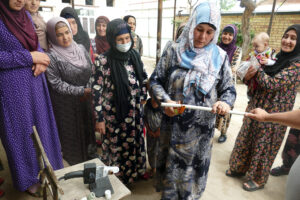
Tajikistan’s ongoing transition to a more decentralized drinking water and sanitation service system includes formal procedures for determining when a community may benefit from alternative models of operation, such as a PPPs. The PPP model, coupled with targeted training and skill building in water use and management for residents, can provide an alternative method for some areas in rural Tajikistan to gain access to clean drinking water in the face of limited funding available from the central government for projects in these areas. RWS is currently considering up to three additional locations for future PPP projects, with the potential to provide at least 15,000 people in Tajikistan’s rural communities with clean water access. This is in addition to USAID projects in the country that have rehabilitated or built 76 water systems since 2009, providing more than 242,000 people with access to safe drinking water.
Banner Photo Caption: Children fill water from Ms. Sonia Rajabova’s self-constructed water stand in Chorbogh village, May, 2022.
Photos courtesy of USAID/Tajikistan RWS Activity

